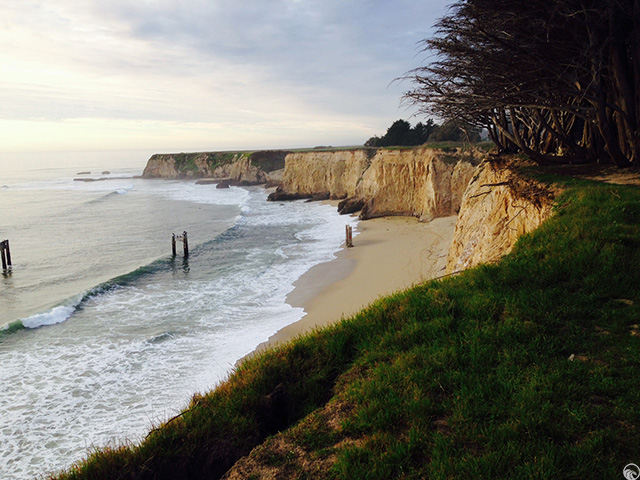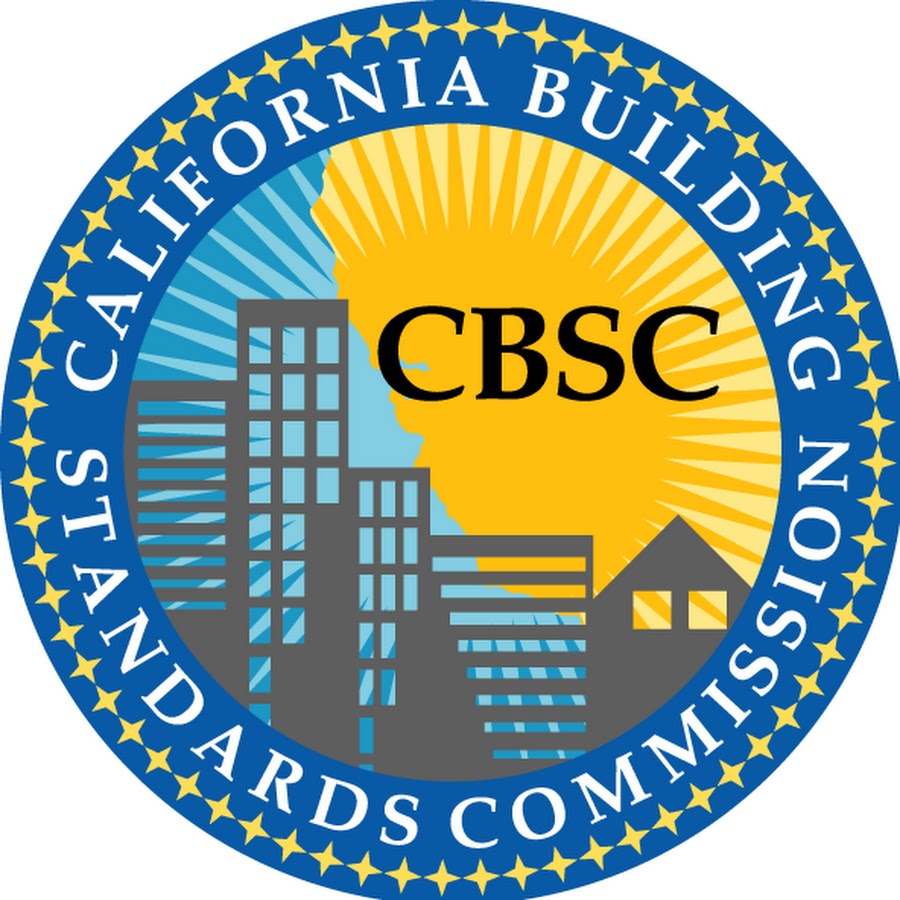
California Transportation Commission. (Photo: catc.ca.gov)
California Transportation Commission
Nine commissioners are appointed by the Governor
By Chris Micheli, August 3, 2020 6:17 am
The California Transportation Commission (CTC) was established in state government by legislation enacted in 1977 and began operations the following year. A purpose of the CTC is to ensure the implementation of a single transportation policy for the state. The CTC, which assumed the duties of four prior state entities, is charged with programming and allocating funds for the construction of highway, passenger rail, transit, and active transportation improvements throughout the State of California.
The CTC is comprised of eleven members and two ex-officio members. Nine commissioners are appointed by the Governor, one is appointed by the Assembly Speaker and one is appointed by the Senate Committee on Rules. The CTC also advises the Secretary of the State Transportation Agency and the Legislature regarding state policies and plans for California’s transportation programs. The CTC also works on state and federal legislation in order to secure financial stability for the State’s transportation needs.
According to the CTC’s mission statement, “The California Transportation Commission is an independent public agency dedicated to ensuring a safe, financially sustainable, world-class multimodal transportation system that reduces congestion, improves the environment, and facilitates economic development through the efficient movement of people and goods.”
The CTC is found in the Streets and Highways Code, Division 1, Chapter 1, Article 2, Section 70. The former California Highway Commission was abolished and, in its place, the California Transportation Commission was formed. Pursuant to Section 70.2, “It is hereby declared to be the policy of the Legislature to provide for advance planning and continuity of fiscal policy in the construction and improvement of the state highway system and in the administration of the expenditures from the State Highway Account. The commission shall follow such policy in so far as possible.”
According to the CTC, it is primarily responsible for the following activities:
- Advising and assisting the California State Transportation Agency (Transportation Agency) Secretary and the Legislature in formulating and evaluating state policies and plans for state transportation programs.
- Adopting the biennial five-year Fund Estimate of state and federal funds expected to be available for the State Transportation Improvement Program and State Highway Operation and Protection Program.
- Adopting the biennial five-year State Transportation Improvement Program.
- Approving the California Department of Transportation (Caltrans)-prepared Transportation Asset Management Plan and adopting performance measures and targets to guide the selection of projects for the State Highway Operation and Protection Program.
- Adopting the biennial four-year State Highway Operation and Protection Program.
- Approving amendments to the State Highway Operation and Protection Program, State Transportation Improvement Program and other programs.
- Reviewing and commenting on the Ten-Year State Highway Operation and Protection Program Plan and the Five-Year Maintenance Plan.
- Establishing reporting requirements related to the funding received by city and county governments from the Road Maintenance and Rehabilitation Account.
- Adopting the Active Transportation Program.
- Allocating state funds for capital projects, consistent with the State Transportation Improvement Program, State Highway Operation and Protection Program, Active Transportation Program, Traffic Congestion Relief Program, Proposition 116 (Clean Air and Transportation Improvement Act of 1990), Proposition 1A (Safe, Reliable High-Speed Passenger Train Bond Act for the 21st Century of 2008), Transit and Intercity Rail Capital Improvement Program, and Proposition 1B (Highway Safety, Traffic Reduction, Air Quality and Port Security Bond Act of 2006), and other programs.
- Allocating state funds for capital grants from the Aeronautics Account and the Environmental Enhancement and Mitigation Program Fund.
- Allocating funds for Caltrans’ support costs related to the State Highway Operation and Protection Program.
- Adopting guidelines, programming projects, allocating funds and reporting on Commission-administered SB 1 (Beall, 2017) funded programs, including but not limited to the Local Partnership Program, the Solutions for Congested Corridors Program, and the Trade Corridor Enhancement Program.
- Adopting guidelines for the California Transportation Plan and Regional Transportation Plans.
- Approving project proposals for high-occupancy toll lanes or other toll facilities.
- Approving right-of-way matters such as route adoptions, new public road connections, resolutions of necessity, relinquishments, Director’s Deeds and airspace leases.
Among the CTC’s program are:
Active Transportation Program
Aeronautics Program
California Transportation Financing Authority
Construction Manager/General Contractor
Design Build Program
Environmental Enhancement and Mitigation Program
FTA Section 5310, Elderly and Disabled Specialize Transit Program
Grant Anticipation Revenue Vehicles Bond Financing
Public Private Partnerships
Right of Way
Road Charge Technical Advisory Committee and Pilot Program
- Duties of Law Enforcement in Emergency Protective Orders - July 12, 2025
- Automatic Repeal of State Agency Reports - July 11, 2025
- Confidential Marriages in California - July 10, 2025








Are these the people that divert all our gas tax money to everything but the roads. Thanks to gas tax diversion our roads are nothing but potholes.